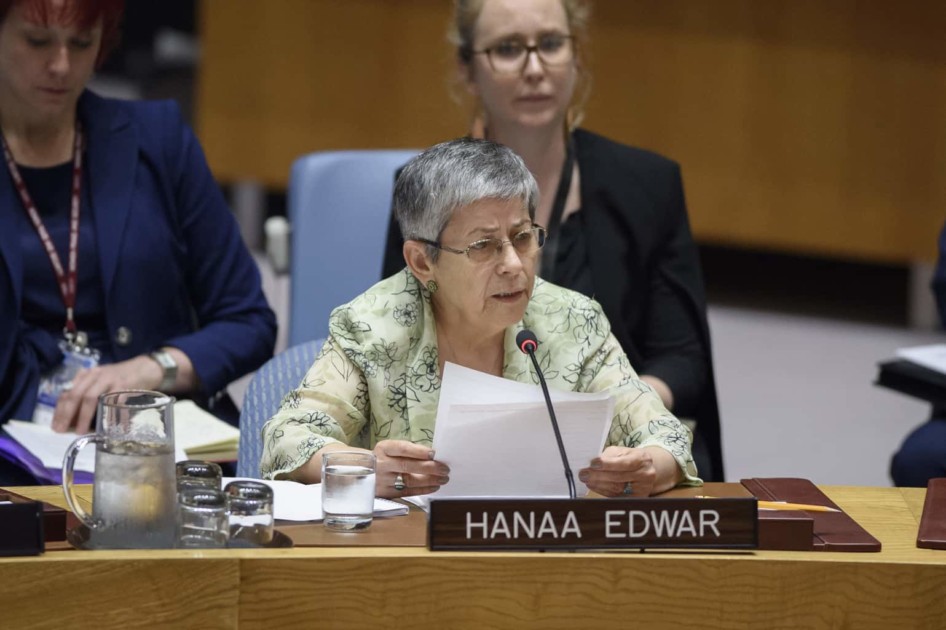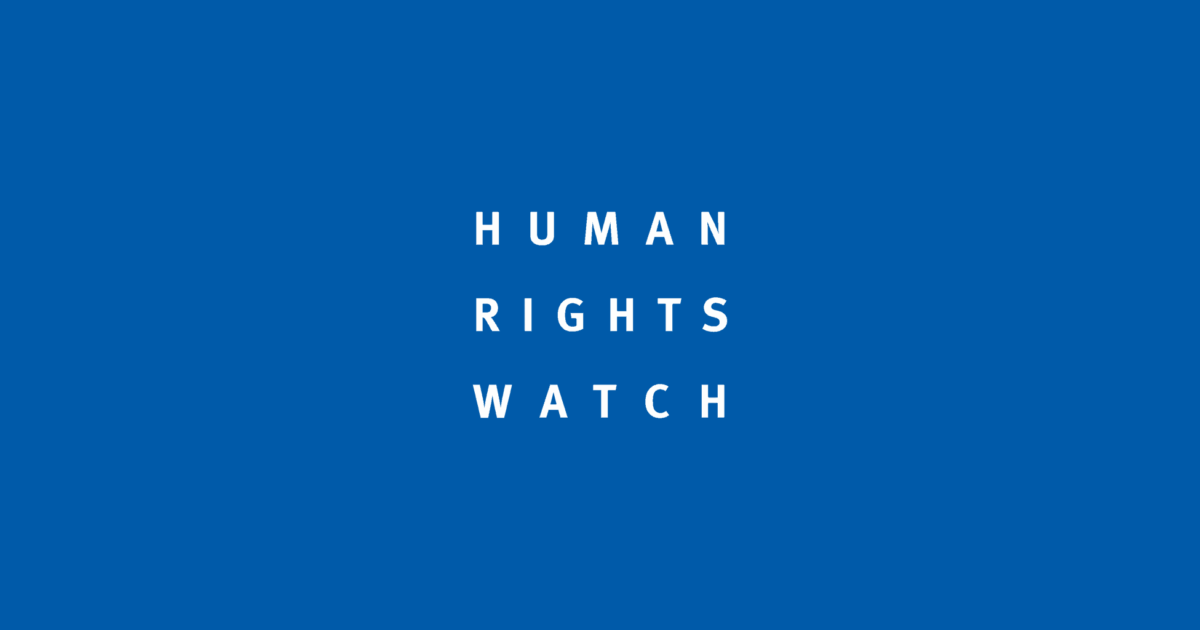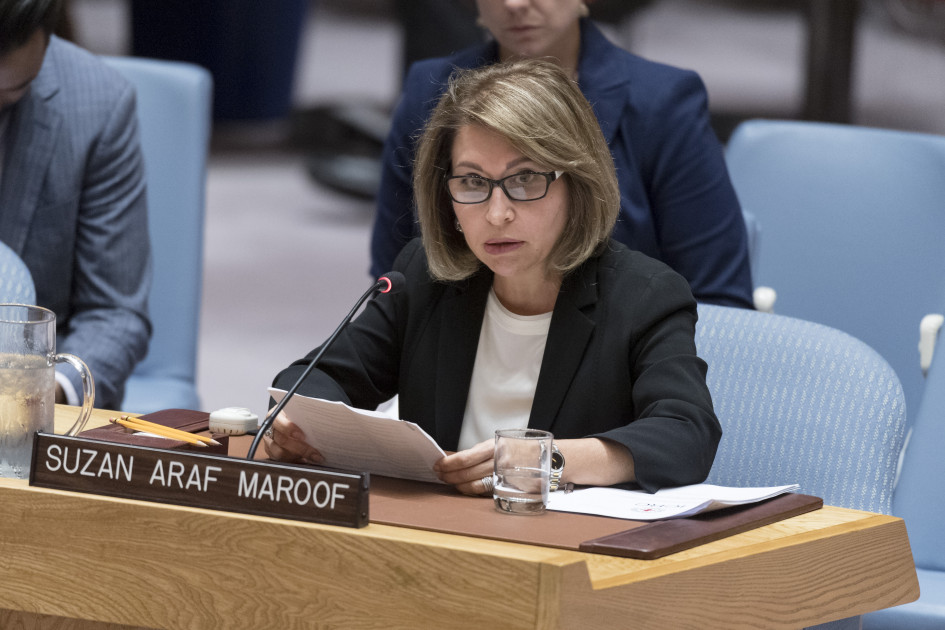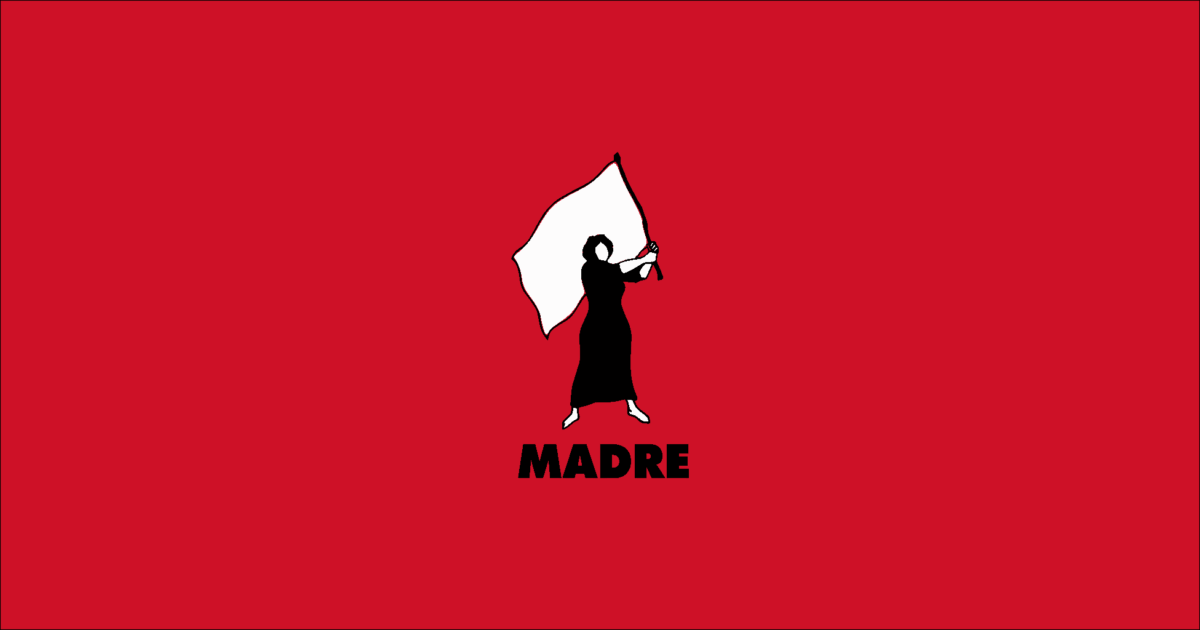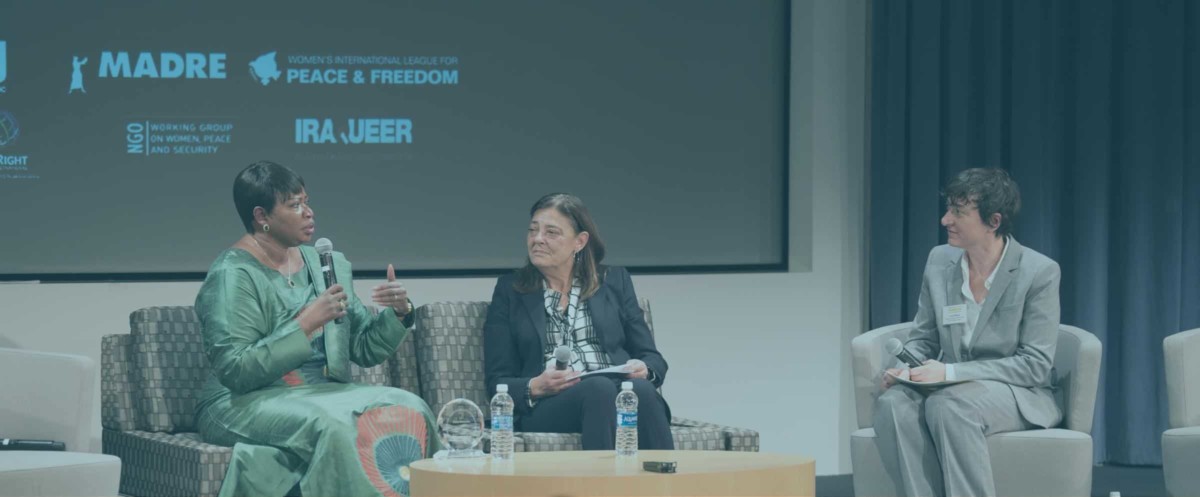Iraq
Iraq
Women are crucial allies to the efforts to eliminate extremism in Iraq. The Islamic State of Iraq and the Levant (ISIL) has contributed to a political landscape in Iraq historically characterized by sectarianism, ineffective judicial systems, high levels of government corruption, and high rates of violence against women, including sexual and gender-based violence. ISIL continues to use sexual and gender-based violence and rape as weapons of war— and targets women, particularly Yazidi women and other non-Shiite minorities, for sexual slavery among fighters.
Iraq acceded to the Convention on the Elimination of all Forms of Discrimination against Women (CEDAW) in 1986, launched the National Strategy on Combating Violence against Women in 2013, and launched its National Action Plan pursuant to Resolution 1325 in 2014. Iraq’s National Action Plan was the first launched in the Middle East. The Ministry of Women’s Affairs in Iraq has also developed a National Strategy for the Advancement of Iraqi Women, but due to the political climate it hasn’t been effectively implemented; similarly, laws banning forced and early marriages are rarely enforced.
Based on the work of NGOWG members and their partners, the NGOWG advocates for the Government of Iraq to clarify their shelter policies, in order to allow and support Iraqi NGOs in their efforts to operate shelters and provide much needed services to survivors of SGBV. Further, the NGOWG urges the Security Council to ensure that the United Nations Assistance Mission for Iraq (UNAMI) is regularly engaging with women’s organizations, and will continue to take concrete steps to support women’s participation in all peace and security processes.
Current and Past Recommendations to the UN Security Council (Monthly Action Points)
The previous report from UNAMI, the UN mission in Iraq, only briefly mentioned women and failed to recognize the situation of women on the ground, in which women are often subject to “honor” crimes; women’s personal freedoms are increasingly curtailed; and women and girls are trafficked for prostitution, both inside Iraq and to neighboring countries. Given the upcoming UNAMI mandate renewal, the next report should provide information on:
- Challenges facing women in electoral processes, both as candidates and voters; progress made in ensuring better participation of Iraqi women in the peace process and national reconciliation efforts;
- Extent of sexual and gender-based violence (SGBV) in Iraq and the specific protection interests of women, including UN efforts in providing technical support and expertise to the Iraqi government and civil society organizations on providing protection for women victims of violence, including sexual violence;
- Progress of UN support to the State Ministry of Women’s Affairs, Ministry of Foreign Affairs and civil society organizations in the process of developing a “National Strategy for the Advancement of Iraqi women;” and
- Progress made to enhance Iraqi women’s access to justice.
The mandate renewal should include:
- Provisions for programs to protect women and girls from sexual violence;
- Women’s access to physical and mental health services;
- Women’s access to employment opportunities; provision of legal assistance to those who have experienced sexual violence;
- Appropriate training for police on violence against women; and
- Provision of sufficient support for women at risk of forced prostitution.
The previous report from UNAMI, the UN mission in Iraq, only briefly mentioned women and failed to recognize the situation of women on the ground, in which women are often subject to “honor” crimes; women’s personal freedoms are increasingly curtailed; and women and girls are trafficked for prostitution, both inside Iraq and to neighboring countries. Given the upcoming UNAMI mandate renewal, the next report should provide information on:
- Challenges facing women in electoral processes, both as candidates and voters; progress made in ensuring better participation of Iraqi women in the peace process and national reconciliation efforts;
- Extent of sexual and gender-based violence (SGBV) in Iraq and the specific protection interests of women, including UN efforts in providing technical support and expertise to the Iraqi government and civil society organizations on providing protection for women victims of violence, including sexual violence;
- Progress of UN support to the State Ministry of Women’s Affairs, Ministry of Foreign Affairs and civil society organizations in the process of developing a “National Strategy for the Advancement of Iraqi women;” and
- Progress made to enhance Iraqi women’s access to justice.
The mandate renewal should include:
- Provisions for programs to protect women and girls from sexual violence;
- Women’s access to physical and mental health services;
- Women’s access to employment opportunities; provision of legal assistance to those who have experienced sexual violence;
- Appropriate training for police on violence against women; and
- Provision of sufficient support for women at risk of forced prostitution.
Relevant Resources


